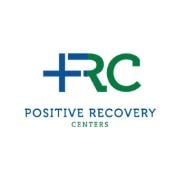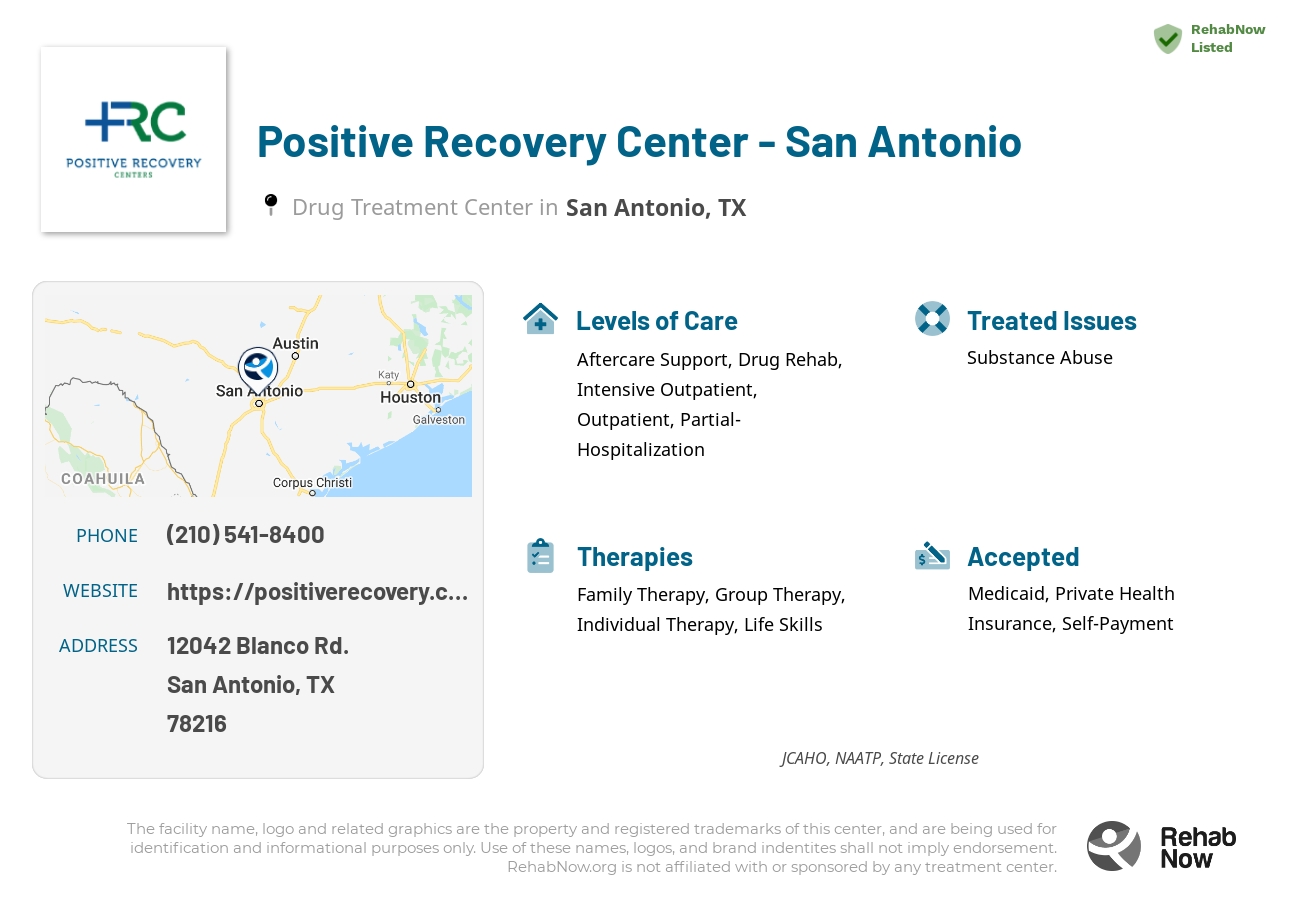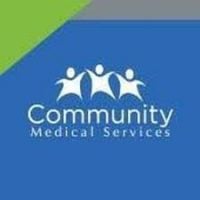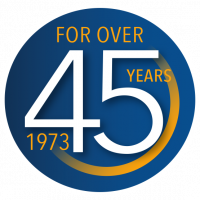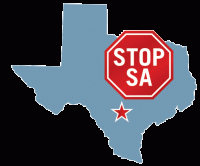Positive Recovery Center - San Antonio
Drug Rehab Center in San Antonio, Texas
Positive Recovery Center San Antonio offers individualized addiction treatment programs with a range of levels of care, including detox, therapy, and life skills coaching, as well as aftercare support and access to peer support, all while accepting private health insurance and holding accreditations from various healthcare organizations.
About This Texas Facility
Positive Recovery Center, located in San Antonio, TX, is dedicated to helping individuals struggling with addiction find their path to recovery. By combining evidence-based approaches with innovative interventions, they provide a comprehensive and personalized treatment experience.
The center offers a range of programs tailored to meet the unique needs of each individual, ensuring that everyone finds the right level of care to support their journey to sobriety.
Accredited by JCAHO, NAATP, and holding a State License, Positive Recovery Center employs a variety of proven treatment methods. They offer partial hospitalization, intensive outpatient, and supportive outpatient programs, as well as aftercare and teletherapy services.
- Comprehensive therapeutic activities are provided during the day in the partial hospitalization program, allowing patients to return home in the evenings.
- The intensive outpatient program offers rigorous therapy while enabling individuals to maintain their daily lives outside of treatment.
- Aftercare and alumni programs ensure ongoing support and foster a community of peers committed to sustained sobriety.
Positive Recovery Center specializes in addressing substance abuse and addiction, helping individuals with a wide range of severity find lasting recovery.
For those seeking to break free from the grip of addiction and embrace a life of sobriety and well-being, Positive Recovery Center in San Antonio, TX, provides the expertise, support, and personalized care necessary to achieve lasting success on the path to recovery.
Genders
Ages
Modality
Additional
Accreditations
State License
NAATP

JCAHO
Conditions and Issues Treated
People who abuse drugs are likely to suffer from an addiction, which can cause serious health problems. When it comes to helping drug abusers get sober, there are many options to choose from. It is essential to state that there is no “”correct”” way of doing things. People are different, and they need different types of help to get over their addiction.
Levels of Care Offered at Positive Recovery Center - San Antonio
This center offers a variety of custom treatment tailored to individual recovery. Currently available are Aftercare Support, Detox, Drug Rehab, Inpatient, Intensive Outpatient, Outpatient, Partial-Hospitalization, with additional therapies available as listed below.
An addict may have to go through alcohol or drug withdrawal. While detox may be uncomfortable, it is not life-threatening. Detoxification allows the addict to rid the body of all traces of drugs or alcohol and gives the addict a clean slate for their recovery. In an inpatient or outpatient setting, detox can be managed medically.
Individuals who are suffering from severe addiction or have a high risk for dangerous health concerns are often recommended to receive inpatient treatment.
Choosing to enter an inpatient treatment program is beneficial for people who are suffering from severe addiction, or who have a high risk for dangerous health concerns.
Inpatient treatment is beneficial for:
- People who have a history of severe withdrawal.
- People who have attempted to overcome addiction on their own without success.
- People who have a history of relapse, or have recently relapsed.
- People at risk for drug overdose or withdrawal-related complications.
- People with medical conditions that are worsened by drug or alcohol use.
Outpatient addiction treatment is beneficial for people who are able to function well in their day-to-day lives. It is recommended for people who are not yet ready to end their relationships with friends or family members who might be encouraging drug and alcohol use.
Intensive outpatient treatment is beneficial for:
- People who are able to attend treatment more than 3 times per week.
- People who do not meet the criteria for inpatient treatment.
- People who are able to contribute to their own recovery outside of the treatment center.
- People who are motivated towards recovery.
- People who are able to overcome addiction on their own without the need for higher levels of care.
Outpatient treatment programs provide drug and alcohol addiction treatment through individual sessions with a counselor, group therapy, 12-step meetings, and other activities to help individuals gain sober living skills. Most programs are designed for those individuals who have completed a medically supervised detoxification program and provide opportunities for clients to begin the process of early recovery.
Outpatient programs also offer a level of medical support as needed and psychological backing through therapy. Clients are encouraged to live at home, though there may be some flexibility regarding this requirement based on the circumstances and needs of each patient.
Outpatient treatment is perhaps the most common type of dual diagnosis program available. It does not pose a significant financial burden on patients. However, it is essential to note that outpatient treatment does not provide the support and supervision given in residential programs. Some addicts may need this level of support to maintain their sobriety.
Partial Hospitalization Program, or PHP, is a type of drug addiction rehabilitation in the patient’s home. Patients often have to come into Positive Recovery Center - San Antonio for treatment on weekday evenings and weekends. They must also attend an intensive outpatient program at least 9 hours per week while attending PHP. The patient will meet with a counselor or therapist to help them work through their addiction issues. This type of treatment is used for patients who can go out among society but are at risk of relapsing due to continued exposure to drugs or alcohol.
People who have completed a rehab program often need continued support from the addiction treatment team in order to remain abstinent from drugs and alcohol. Aftercare can be beneficial for personal, social, and emotional growth.
Common aftercare options include:
- Individual Therapy – this type of addiction counseling is available on a one-on-one basis. This can be beneficial for people with a high degree of emotional turmoil and a strong desire to overcome addiction.
- Group Therapy – this type of addiction counseling is available in a group setting. This type of treatment can be beneficial for people who are unable to attend regular therapy appointments due to other responsibilities.
- Family Therapy – this type of addiction counseling is available to the family members of addicts. This can be beneficial for people who are unable to fully comprehend what their loved ones are experiencing due to addiction.
Therapies & Programs
Therapy sessions focused on the individual addict can provide much-needed guidance as they work toward overcoming their addiction. These types of sessions typically involve guidance from a therapist, who will help addicts identify and process their feelings and cravings.
During these sessions, addicts may develop plans for coping with the triggers that typically lead to relapse and learn how to avoid those triggers during their recovery process.
The main goal of family therapy for drug addiction is to create an environment where communication can occur without judgment, hostility, or blame that often occurs within a family.
Family therapy is a type of group problem-solving that aims to improve communication and relationships between the patient, their family, and sometimes friends. The therapist is with the family as they learn to communicate with each other differently, especially with the addict when s/he is using.
The family can learn to reduce their enabling behavior or rally together and support each other during tough times. The patient also learns how to deal with their addiction and maintain sobriety while interacting with the family.
Different types of addiction treatment services are available. Within this article, group therapy is of interest due to its high success rate compared to individual therapy. Group therapy settings are beneficial because they allow recovering addicts to build a strong support network.
Benefits of group therapy are:
- Reduces feelings of isolation
- Immediate access to social support in the form of fellow addicts in recovery
- Lowers risk of relapse
- Increases rate of sobriety
- Builds coping skills that can be applied to everyday life
Those struggling with addiction in Texas can benefit from learning certain life skills. It is not as simple as quitting drinking or taking drugs and thinking that the hard part is over. Being sober means living a whole new way of life. Many recovering addicts have found that they need to develop talents like time management, organization, communication skills, socialization skills, and self-esteem to make their life in sobriety work.
Drug and alcohol addiction can lead to a breakdown in life skills. Learning certain life skills can help those who are struggling with addiction. Life skills training at Positive Recovery Center - San Antonio in San Antonio, TX teaches patients skills such as time management, budgeting, and social abilities to improve their quality of life and prevent relapse.
An addict’s life skills are maladaptive, meaning they are counterproductive. An addict may have learned poor time management skills growing up, have a hard time budgeting money, or be socially awkward. An addict’s poor life skills can lead to relapse and the inability to achieve long-term sobriety. Life skills training teaches patients effective coping mechanisms, which can help them live a clean and sober life.
Payment Options Accepted
For specific insurance or payment methods please contact us.
Is your insurance accepted?
Ask an expert, call (888) 674-0062
Positive Recovery Center Associated Centers
Discover treatment facilities under the same provider.
- Positive Recovery Center - Garden Oaks in Houston, TX
- Positive Recovery Center - Jersey Village in Jersey Village, TX
- Positive Recovery Center - Conroe in Conroe, TX
- Positive Recovery Center - Houston - Montrose in Houston, TX
- Positive Recovery Center - Humble in Humble, TX
Learn More About Positive Recovery Center Centers
Additional Details
Specifics, location, and helpful extra information.
San Antonio, Texas 78216 Phone Number(210) 541-8400 Meta DetailsUpdated April 15, 2024
Staff Verified
Patient Reviews
There are no reviews yet. Be the first one to write one.
San Antonio, Texas Addiction Information
Texas is one of the primary hubs for drug smuggling into the country. The border between Texas and Mexico is more than 1,000 miles long. More than 10 million residents use alcohol every year and more than 25% of those are minors. Alcohol and drug use has become so common in Texas that almost 15% of all deaths can be attributed to these substances.
The impact of drug addiction and abuse on the community in San Antonio, Texas, is significant. There were over 1,400 drug overdose deaths in San Antonio in 2016. 9,000 admissions to drug and alcohol treatment programs in the San Antonio area in 2017. Some of the most common include inpatient, outpatient, and residential treatment. There are also several detox facilities available in San Antonio.
Treatment in Nearby Cities
- Cedar Park, TX (77.9 mi.)
- Sugar Land, TX (173.8 mi.)
- Dilley, TX (72.9 mi.)
- Silsbee, TX (265.5 mi.)
- Tioga, TX (286.7 mi.)
Centers near Positive Recovery Center - San Antonio
The facility name, logo and brand are the property and registered trademarks of Positive Recovery Center - San Antonio, and are being used for identification and informational purposes only. Use of these names, logos and brands shall not imply endorsement. RehabNow.org is not affiliated with or sponsored by Positive Recovery Center - San Antonio.
